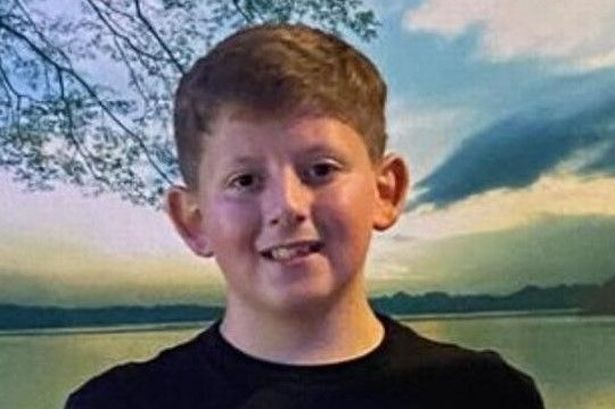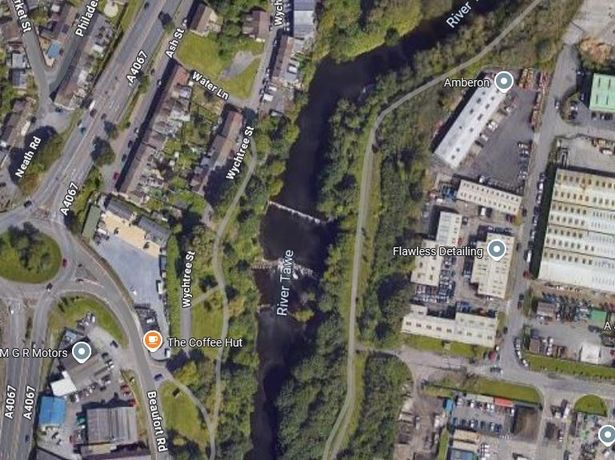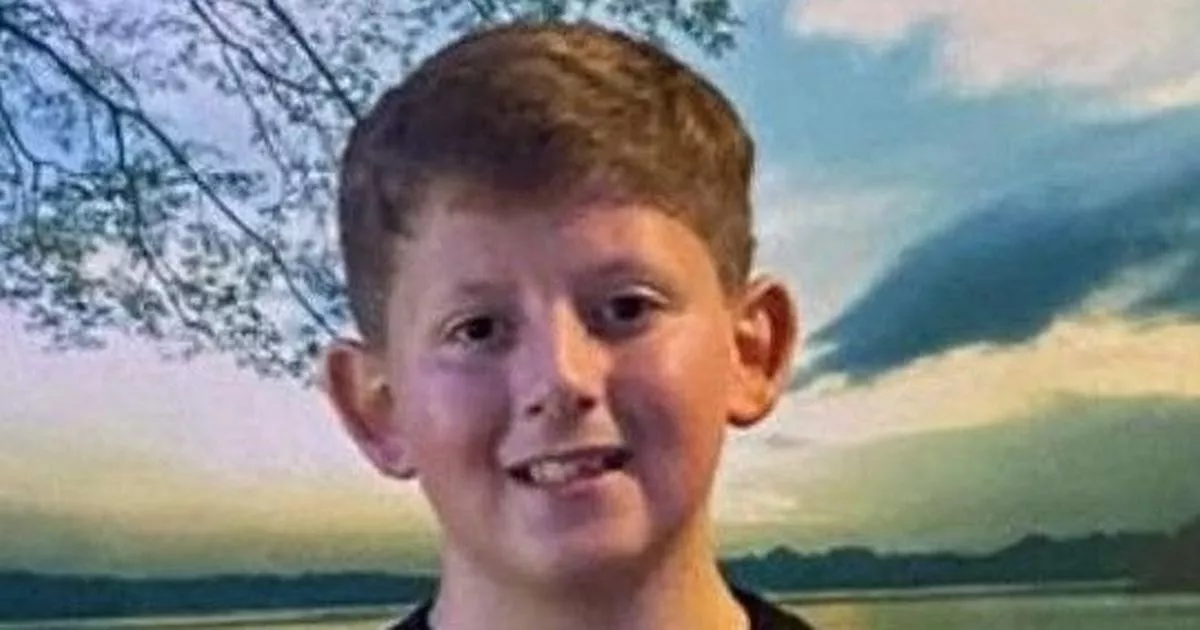Kane Geraint Edwards got into difficulty after entering the River Tawe in Swansea for a swim with his friend after school. Despite a frantic search and rescue attempt, his body was later pulled from the water
16:13, 19 Aug 2025Updated 18:00, 19 Aug 2025
 Kane Edwards(Image: South Wales Police)
Kane Edwards(Image: South Wales Police)
A 13-year-old boy died when he became trapped underwater while swimming in a Welsh river after school with a friend, an inquest heard. Kane Geraint Edwards died in the River Tawe in Swansea during the late afternoon of May 24, 2022.
Emergency services were notified at around 4.50pm after reports that Kane had entered the water and not been able to get out. The alarm was raised on a section of the Tawe near Swansea Enterprise Park next to Wychtree Street in the Morriston area.
Police, fire service, and coastguard crews were involved in a search for Kane and his body was retrieved from the water at around 6pm. Don’t miss a court report by signing up to our crime newsletter here.
A two-day inquest into his death was held on Monday and Tuesday at the Guildhall in Swansea where assistant coroner Edward Ramsay heard evidence from different witnesses.
Having gone into the river with his friend Kane got into difficulty and was seen to go under the water. During the rescue attempt it became apparent that “debris” in the river, unseen from above the water, had played a part in his death with Kane unable to free himself having become trapped.
A family member in attendance at the hearing said they had heard reports youngsters continued to swim in the same section of the river despite the tragedy and asked whether a barrier should be put in place which could help restrict access to the river from a footpath that runs alongside it. The family also said the area was a “notorious” spot that children use and that they are worried that “this will happen again”.
 An area of the River Tawe in Swansea where 13-year-old Kane Edwards died in May 2022(Image: Google)
An area of the River Tawe in Swansea where 13-year-old Kane Edwards died in May 2022(Image: Google)
Andrew Suter, Swansea Council’s water safety coordinator, spoke at the inquest and said there are plans in place to introduce foliage along the footpath which will make access to the water more difficult. He also said that six signs have been added at the location – five along the footpath and one on a fishing platform – advising people not to swim in the river.
Assistant coroner Mr Ramsay confirmed that the cause of Kane’s death was “consistent with drowning”. He said: “Kane died by drowning as a consequence of having become trapped by underwater debris in fast-flowing water of the River Tawe at around 4.50pm on May 24, 2022.”
Referencing earlier evidence that detailed a lack of clarity about the precise location of the incident due to issues with the location reference app what3words and whether a delay in pinpointing the exact spot along the river had affected the outcome Mr Ramsay said: “I am satisfied on the evidence that although there may have been some delays because of confusions about precisely where it was, these delays had no causative effect on the outcome.
“Kane tragically drowned at around the time he was last seen by his friend.”
Mr Ramsay added that the call to the emergency services was made at 4.50pm on that day and by that time Kane was already submerged in the water.
He said Kane would have been “unaware of the hazards” in the river which meant he was unable to swim to safety, adding that it was not entirely clear if the debris which caused the teenager to become trapped was a fallen tree or a discarded trolley.
Recording a short-form conclusion Mr Ramsay found Kane died as a result of an accident.
“In my judgement Kane was not aware of the risks below the water line that were causative to the death and I have no reason to doubt that he had no awareness of the very real danger that was in the water in front of him,” he said.
A statement read to the hearing on behalf of the Edwards family said: “Kane was taken from us in a tragic accident. We are thankful to the emergency services for all their efforts on the day. We also want to thank the community of Morriston.”
Mr Ramsay closed the inquest by offering his “sincere sympathies and condolences” to Kane’s family.
Why we cover inquests – and why it’s so important that we do
As painful as these proceedings are for those who have lost a loved one the lessons that can be learned from inquests can go a long way to saving others’ lives.
The press has a legal right to attend inquests and has a responsibility to report on them as part of their duty to uphold the principle of open justice.
It’s a journalist’s duty to make sure the public understands the reasons why someone has died and to make sure their deaths are not kept secret. An inquest report can also clear up any rumours or suspicion surrounding a person’s death.
But, most importantly of all, an inquest report can draw attention to circumstances which may stop further deaths from happening.
Should journalists shy away from attending inquests then an entire arm of the judicial system is not held to account.
Inquests can often prompt a wider discussion on serious issues, the most recent of these being mental health and suicide.
Editors actively ask and encourage reporters to speak to the family and friends of a person who is the subject of an inquest. Their contributions help us create a clearer picture of the person who died and also provides the opportunity to pay tribute to their loved one.
Often families do not wish to speak to the press and of course that decision has to be respected. However, as has been seen by many powerful media campaigns, the input of a person’s family and friends can make all the difference in helping to save others.
Without the attendance of the press at inquests questions will remain unanswered and lives will be lost.
